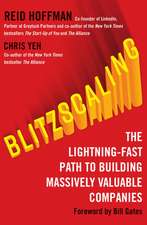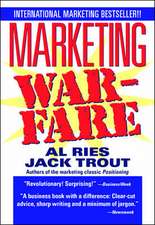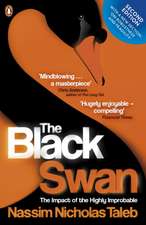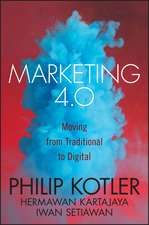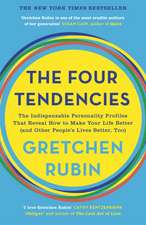Cultural Strategy: Using Innovative Ideologies to Build Breakthrough Brands
Autor Douglas Holt, Douglas Cameronen Limba Engleză Hardback – 28 oct 2010
| Toate formatele și edițiile | Preț | Express |
|---|---|---|
| Paperback (1) | 233.17 lei 20-31 zile | +55.75 lei 7-13 zile |
| Oxford University Press – 23 aug 2012 | 233.17 lei 20-31 zile | +55.75 lei 7-13 zile |
| Hardback (1) | 370.66 lei 41-52 zile | |
| OUP OXFORD – 28 oct 2010 | 370.66 lei 41-52 zile |
Preț: 370.66 lei
Preț vechi: 388.79 lei
-5%
Puncte Express: 556
Preț estimativ în valută:
65.53€ • 77.27$ • 57.29£
65.53€ • 77.27$ • 57.29£
Carte tipărită la comandă
Livrare economică 03-14 aprilie
Specificații
ISBN-13: 9780199587407
ISBN-10: 019958740X
Pagini: 408
Ilustrații: 1
Dimensiuni: 164 x 244 x 27 mm
Greutate: 0.73 kg
Editura: OUP OXFORD
Colecția OUP Oxford
Locul publicării:Oxford, United Kingdom
ISBN-10: 019958740X
Pagini: 408
Ilustrații: 1
Dimensiuni: 164 x 244 x 27 mm
Greutate: 0.73 kg
Editura: OUP OXFORD
Colecția OUP Oxford
Locul publicării:Oxford, United Kingdom
Recenzii
...May well be one of the most important books on advertising and branding in the past ten years.
Notă biografică
Douglas Holt is the founding partner of The Cultural Strategy Group, a consulting firm that specializes in helping managers, entrepreneurs, and activists develop cultural strategies. He was previously a professor at the Harvard Business School and Oxford University's Said Business School. A leading expert on branding and innovation, he pioneered cultural branding in his best-selling book How Brands Become Icons. Holt has developed cultural strategies for a wide range of brands including Coca-Cola, Microsoft, Ben & Jerry's, Sprite, Jack Daniel's, MINI, MasterCard, Fat Tire beer, Qdoba, Georgia Coffee, Planet Green, and Mike's Hard Lemonade, along with a number of not-for-profit organizations. He has lectured on these ideas at management seminars and talks worldwide, including the World Economic Forum.Douglas Cameron is co-founder and Chief Strategy Officer at Amalgamated, an influential non-traditional advertising agency known for developing provocative cultural content across multiple media platforms. He began his career at Cliff Freeman & Partners, the most lauded creative shop of its time. He entered the world of marketing inadvertently: travelling the world as a bagpiper, he was invited by David Ogilvy to perform at his French castle. Ogilvy insisted he take up advertising. He worked with Holt extensively developing cultural strategies at Cliff Freeman and Amalgamated, which led to his role as co-author of Cultural Strategy. He graduated from Dartmouth College, where he received the English department¹s top graduating honour.

